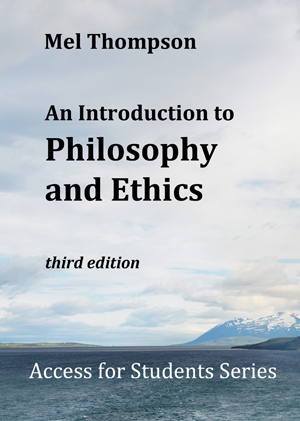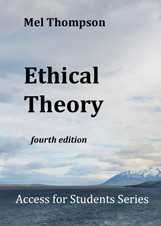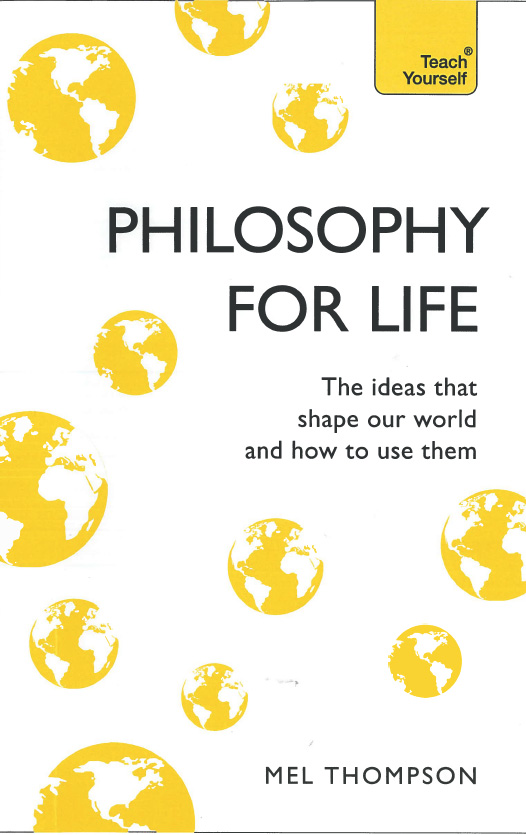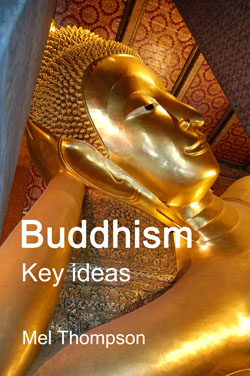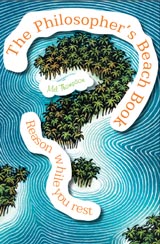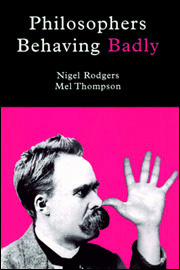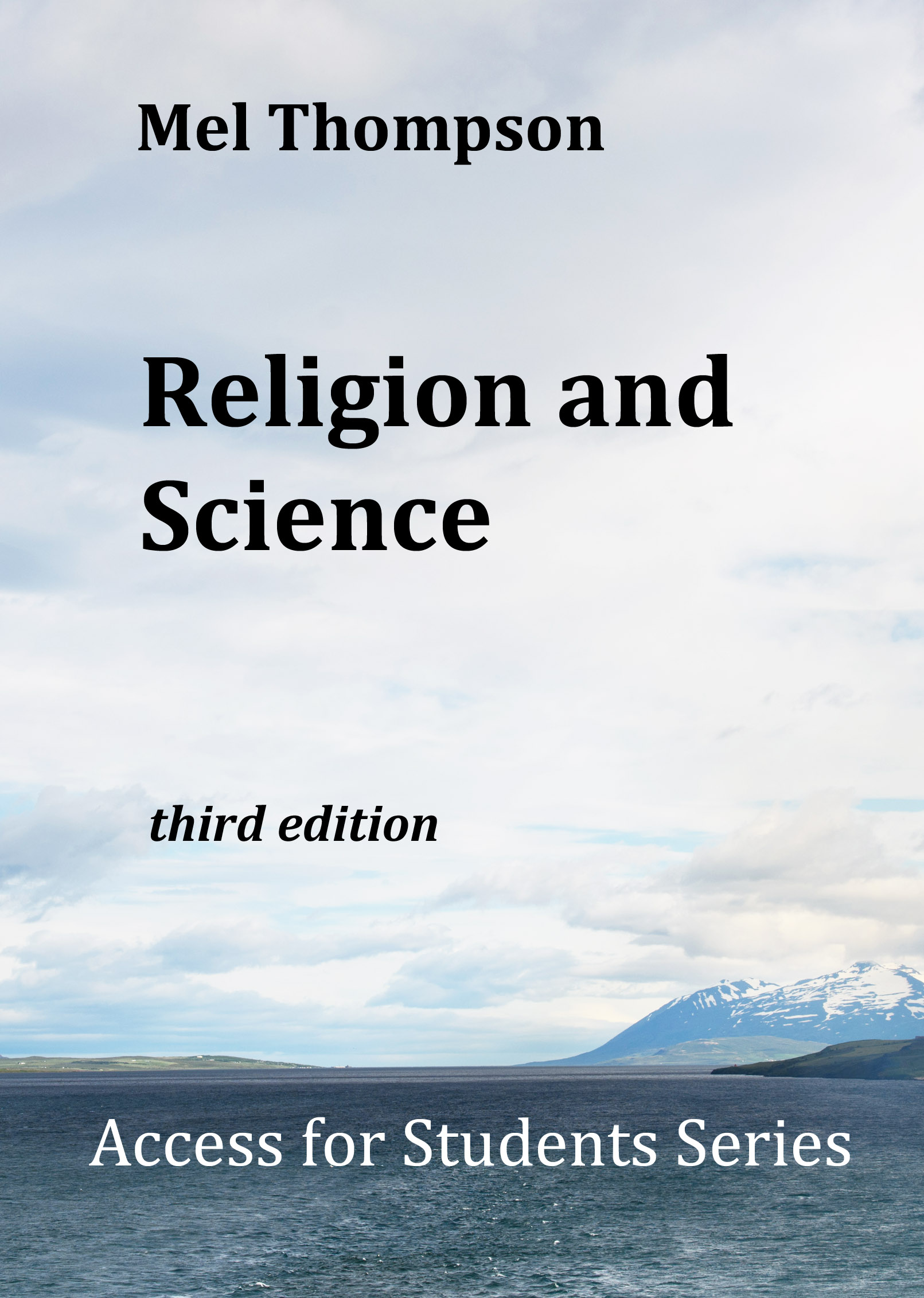National identity in a cosmopolitan world?

Is there a place for patriotism, or even national identity, in modern, cosmopolitan life? Are national celebrations inevitably tinged with nostalgia and royal events with a gloss of Disney? Or is acknowledging a homeland a necessary part of being human?
More than 50 years ago, Teilhard de Chardin argued that the age of the nations was past, and that the task now was to build the earth; in fact, his whole religious vision was of an increasing social and personal complexity, leading inevitably to an Omega point, which he – as a Jesuit – identified with the universal Christ. There are good reasons (both religious and logical) why his rather naïve vision should be rejected, but it raises questions that we should not ignore. Since his time, much has made a vision of global cooperation more possible – international trade, finance, media, the internet – and global issues, whether its the harvesting of finite resources, the protection of the environment or simply the maintenance of a viable banking and exchange system, demand a global response. However, more often than not, international action is frustrated by the priority given to national interest. We may think globally, but mostly we act nationally.
National interest still dominate the news: the popularity of UKIP in Britain; wrangles to establish the balance between EU-wide needs and those of individual nations; whether national energy security can be maintained if French and Chinese companies build a nuclear power station in Britain; who should be spying on whom and in whose interest. Since I started to type this piece, the BBC news has run an item about claiming back the costs of NHS treatment from non-EU foreign nationals. There is no escaping the pull of the national; both the UK and the US are prone to an isolationist pressures from time to time, and when it comes to sport – whether it’s the national team preparing for the world cup or the tearful pride of Olympic winners as their national anthem is played – nationality is everything.
I would argue that many of the most intractable problems confronting the world today are either caused by, or make worse by, the human tendency to identify with and protect the interests of a defined group – whether that group be a nation, racial group or a religious denomination. The worst of atrocities are committed by those who are committed to a particular group, to the exclusion of those who are different.
I wish I could say therefore that all would be sweetness and light if only everyone could be genuinely cosmopolitan – liking and respecting all alike, and giving all equal consideration, irrespective of gender, age, religion or nationality. Enlightenment thinking, as exemplified by secular philosophy, promotes such a rational and altruistic view, even if the utilitarian approach upon which it is often based is tinged with the very human need to promote thinking that will also defend oneself. Perhaps one should adopt a naïve, new-age view, or a mystical sense of the oneness of humankind, or a religious ideal of universal peace, or even Kant’s argument for perpetual peace based on republican nations disbanding their standing armies and accepting international agreements.
My personal hunch is that we need to acknowledge that every individual has a deep need to belong to a group (family, tribe, nation, religious affiliation) in order to give overall meaning and direction to life. One has to be brave, or extremely foolish, to dare to walk alone. We cannot all stand the cold mountain air that Nietzsche found necessary. Mostly, we like to feel ‘at home’, even if that home is a global, internet-based interest group. Advertisers know it, and use it to build brand loyalty. “Are you an Apple person? Buy this new product and feel at home!” Are you a member of a religion? Wherever you go, you can find your ‘home’ community.
We may argue forever about how to set up the just society, or how to share resources fairly. We can see the logic of the arguments, but does society actually change as a result of them? In the end, each person has a personal map, upon which are plotted those things that give him or her significance and worth. That is what actually motivates, not the rational argument.
Remember the reaction of the prisoners in Plato’s cave when the philosopher returned to tell them that all they ever saw were shadows? They rejected his universal ‘Form of the Good’ on the grounds that their personal worth was bound up with their ability to predict the action of the shadows on the wall. The cosmopolitan philosopher argues that we should see those shadows for what they are and think globally. But if that wall gives us the comfort of being ‘at home’ we are likely to reject such advice.
We seem to be caught with a human need to belong and a rational need to let go of such infantile dependency. How do we resolve this? Until I find out, I’ll continue – when opportunity presents itself – to wave a patriotic flag, study local history, and value being ‘at home’.
Return to Political Philosophy page


